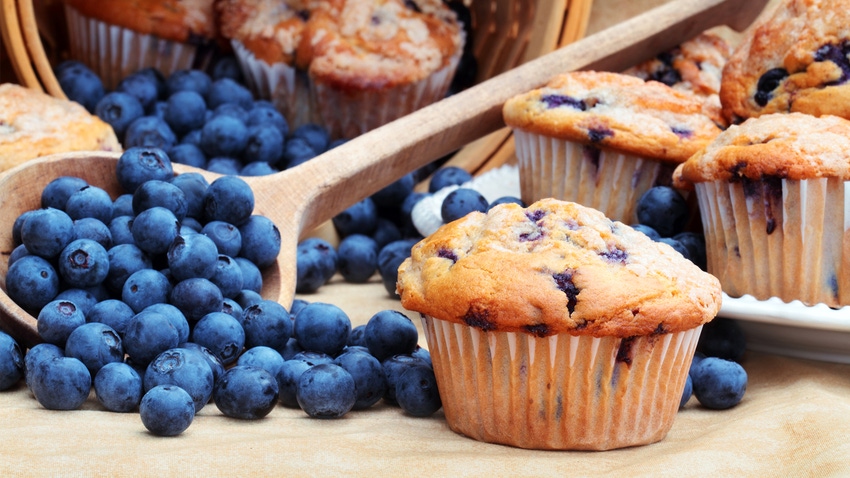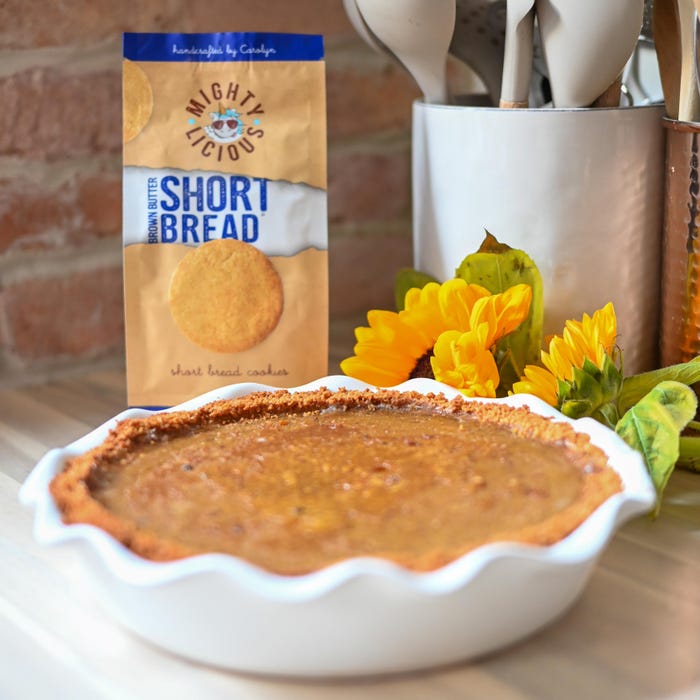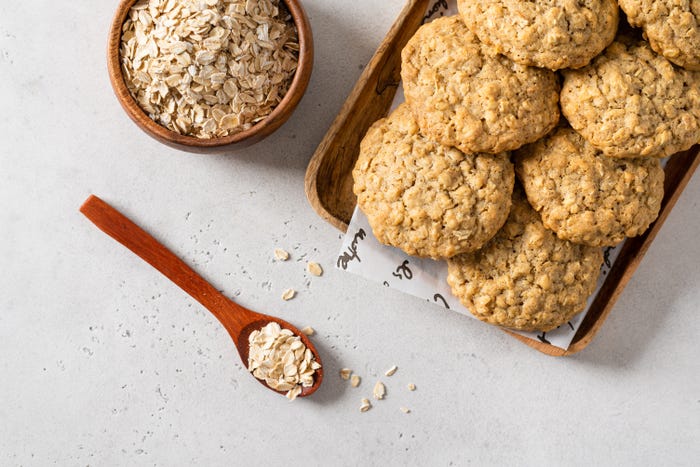Millennials and Gen Z drive better-for-you bakery boom amid health consciousness surge
The health-conscious trend is booming with innovation, but consumers still demand delectability and clean ingredients in baked goods, according to industry experts.

At a Glance
- The better-for-you bakery trend is thriving with new innovations in healthier ingredients, caters to various dietary needs.
- Consumers are enthusiastic about healthier options but still prioritize taste and expect the treats to be delicious.
- Clean labels and avoiding excessive sugar are key factors, with younger generations being particularly health conscious.
In the longstanding battle for the title of top guilty pleasure, bakery favorites are perennial contenders for the throne.
But with a spate of better-for-you innovation shaving the transgressive edge off those cakes, cookies and cinnamon rolls that taste so good they have to be bad, is bakery’s decadent reputation at risk? When the guilt goes, does the indulgence follow? And will consumers even crave baked treats scrubbed of their scrumptious sinfulness?
No panic needed, assured Thom King, CEO and chief food scientist at Icon Foods: “The better-for-you bakery market is massive and I think it’s just going to continue growing.”
On the margin
Steve Adolphson, senior research manager at Glanbia Nutritionals, agreed. He said that dynamism spans the sector’s subcategories and is especially evident in nutrition bars and gluten-free breads, crackers, cookies and sweet baked goods.
As far as he’s concerned, the reasons why are elementary. “Both consumer demand for healthier food and the potential not only to meet those desires but to improve bakery margins are fueling the growth,” he said.
In it for life
For her part, Paula LaBine, marketing director of milling and baking solutions at ADM, sees the rise of better-for-you bakery as aligned with the contemporary notion that health is a whole-lifestyle pursuit. “Today’s consumers are focusing on overall wellbeing, and they increasingly expect foods, including baked goods, to provide functionality as a baseline,” she said.
LaBine added, "Innovative concepts like our morning starter bar represent how various alternative ingredients and added functional solutions can come together. This better-for-you baked bar helps consumers start their morning off right with our soy protein isolates, flakes and crisps, Fibersol prebiotic dietary fiber, black tea extract and sweetening system, all with mixed berries or pecan pie flavors.”
Carolyn Haeler, CEO of Mightylicious Inc., added that popular diets like paleo, keto and Whole30 — not to mention fashionable fitness trends like CorePower, HYROX and SoulCycle — also belong in the bucket of better-for-you bakery’s “lifestyle” drivers, as they’re “sustainable and focus on health and healing.”

Photo courtesy of Mightylicious
Forever young
If those lifestyle trends happen to score points with younger consumers, that’s no coincidence, as these shoppers are big better-for-bakery boosters, too.
“The modern Millennial is more educated and has access to more health information via the Internet than previous generations did,” Haeler explained. The same can be said for Gen Z — and the wellness savvy of both is directing them toward savvy food choices.
In fact, 71% of Gen Zers and 58% of Millennials are taking a proactive approach to health with a focus on prevention, per FMCG Gurus’ Top Ten Trends for 2024, and many are taking that approach right to the bakery aisle.
No compromise
Yet they’re in no mood for compromise when they get there. As King put it, “They still want their cake, and they want it to be delicious, too — that’s a huge factor with Gen Z and Millennials.”

Intolerable
Interestingly, King noted that Gen Z and Millennials suffer from more gut issues than do any other demographic, which might help explain their fondness for better-for-you baked goods.
That would certainly make sense to Haeler, who received her own celiac disease diagnosis in 2012. A big cookie fan, she searched for gluten-free versions that met her standards, but often wound up empty-handed. So she started making them herself.
“I founded Mightylicious because, as a consumer, I couldn’t find products that I enjoyed,” she explained. It wasn’t that such products didn’t exist; Rather, the options available did the minimum it took “to fill the needs of a captive, niche audience, and their quality and innovativeness reflected the allergen-free market’s inelastic demand,” she said.
Something for everyone
That was then. Now, “consumer standards are higher,” whether for gluten-free bakery, plant based or otherwise, according to Sherrill Cropper, new product development lab manager at Lesaffre, “and baking brands are stepping up to fill the gap.”
With better-for-you comprising “everything from reduced carbs to extra nutrients like fiber or protein,” they’ve got a broad gap to fill, Cropper added. Either way, it’s an exciting time to be baking for brands and shoppers. “This ongoing shift is paving the way for bakery innovations that prominently showcase better-for-you attributes to meet consumers’ unique goals, whether they be energy, satiety, mood, digestive health or other wellness aspects,” LaBine said.
“Calls for a ‘return to nature’ and ‘clean labels’” underlie a lot of what counts as better-for-you in today’s bakery aisle, according to LaBine. Perhaps, she speculated, because consumers assume that they could bake such items at home, driving expectations that ingredients “represent what’s in their kitchen cupboards.”
Agreeing that better-for-you is “about keeping it simple and keeping it clean,” King added that consumers are less concerned with eliminating traditional staples like eggs, butter or even flour than they are with nixing sugar.
Better-for-you bakery, however, isn’t just an elimination game. The inclusion of whole grains and plant-based ingredients reliably signals “wholesome” and “the public also seems consumed with gut health right now,” per King, “so any kind of prebiotic fiber will help a product check that ‘better-for-you’ box.”
That checks out with Adolphson. “I believe fiber, protein and biotic fortification — particularly of breads and crackers — will drive growth going forward, adding to the momentum in protein bars and gluten-free baked goods,” he said.
About the Author(s)
You May Also Like






